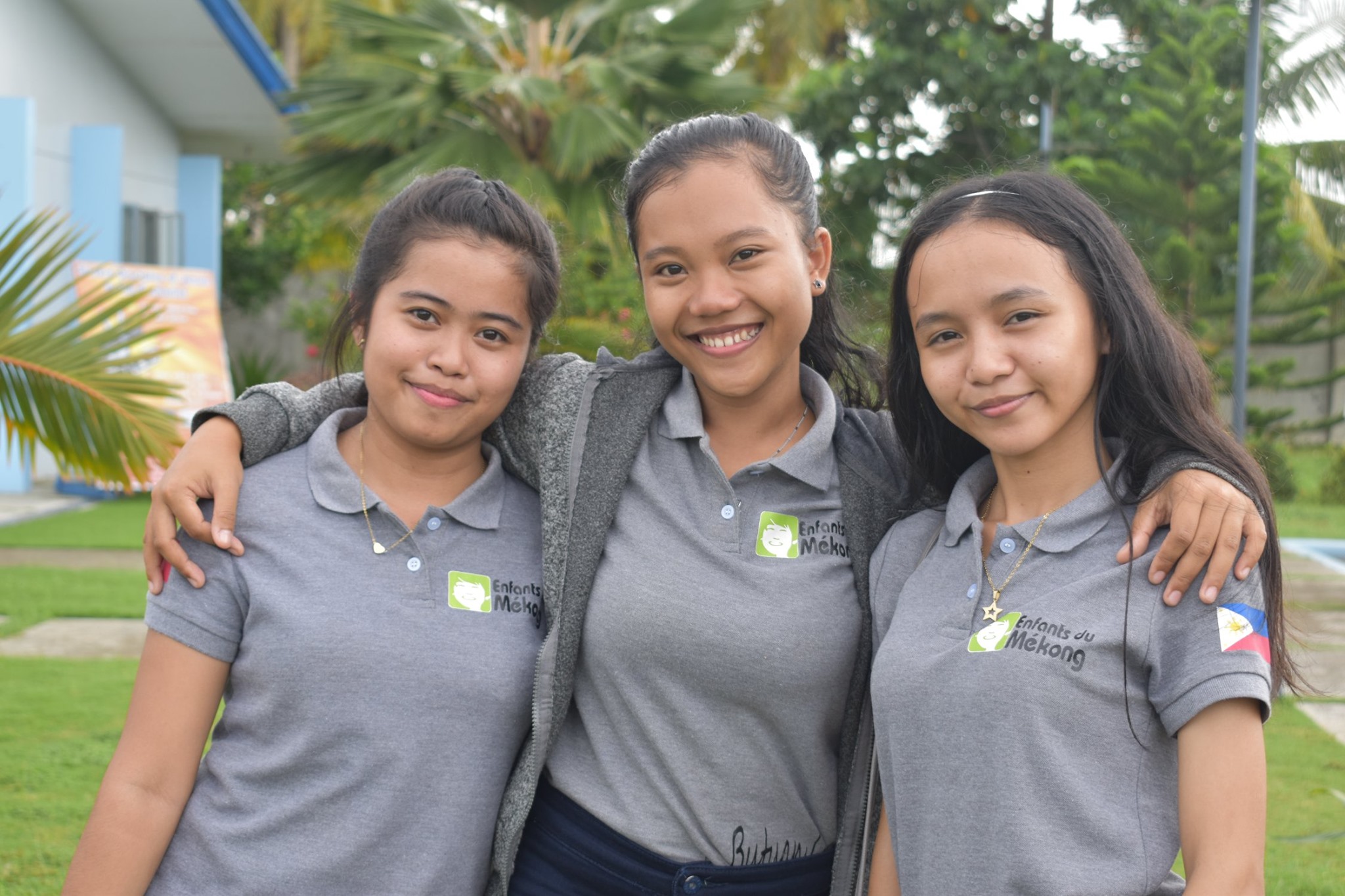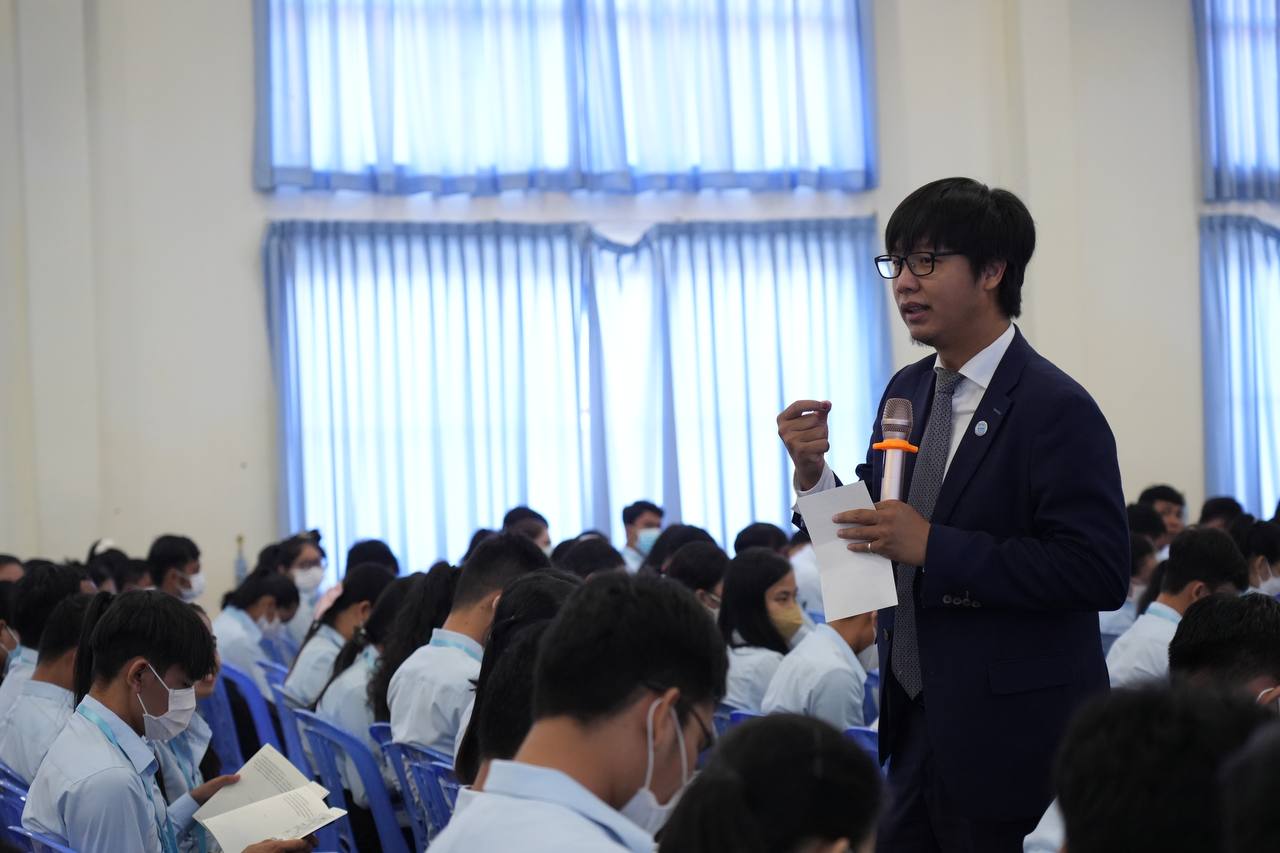
COVID: the food crisis behind the health crisis
“I cannot believe it! A bag is full of rice. Now, my mind is at peace for a while… at least until the rice runs out.”
This heartfelt cry of relief was expressed by a woman. Daw Ei Ei Chaw lives in Mandalay City. There, a Children of the Mekong programme is dedicated to the informal education of street children in the district around the train station and on the banks of the Irrawaddy, the great river that crosses the country. For these families, including the Daw Ei Ei Chaw, the COVID epidemic has suddenly increased the difficulties of obtaining basic necessities.
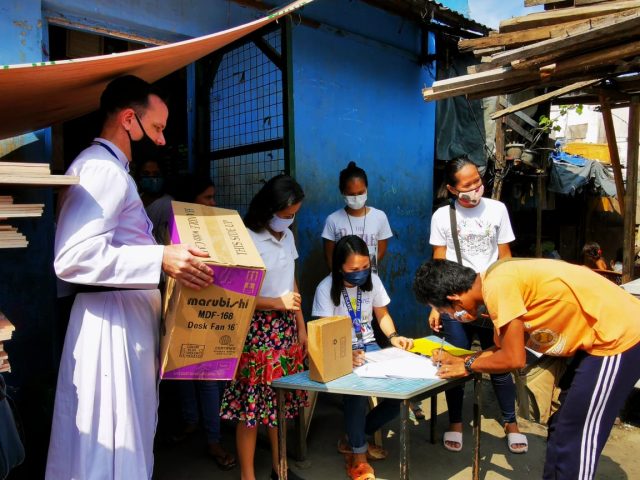
Distribution of food aid in Mandalay, Myanmar.
“Slum dwellers and female heads of families are more marginalised than others. The assessment of the community’s needs is vital and it would be more effective if the local authority were more collaborative,” says the Mandalay Programme Manager.
This is not an isolated case. Certain families we support who normally struggle to feed themselves once a day is currently in awful situations, made worse by family and community violence that has increased due to lockdown and emptiness.
Since the start of lockdown, our programme managers have alerted us to the situation for underprivileged families in Cambodia, Myanmar, Laos, Vietnam, the Philippines and Thailand. The rise in the cost of raw materials (especially those that are imported) and unemployment are the direct consequences of this lockdown and the borders closed in these countries. During the first quarter of 2020, the price of rice on the world market increased by 29.5%. This increase could have serious consequences for families that eat it every day.
To quickly respond to the urgent needs of these families, Children of the Mekong has set up occasional nutritional assistance for the coming months in addition to sponsorship. It was this support that Daw Ei EI Chaw received.
Depending on the country and the situation, this assistance has taken many forms. In Myanmar, food and basic necessities for a month have been distributed to the poorest families.
In Bangkok, Thailand, the situation for refugee families has suddenly deteriorated. “When school was open, children were entitled to lunch there. Now the school is no longer open, we can only eat one or two meals per day. Thanks to this donation, we can pay our rent and buy rice and milk for our baby,” said the mother of Thavong, aged 30. She and her husband are Hmong, from Vietnam. Forced to stay at home during the lockdown, they were unable to work. However, they were able to benefit from the exceptional, COVID-related aid distributed but Children of the Mekong — like 15 other families in the capital and around a hundred families from the north of the country, in the Mae Sot region.
In Vietnam, it was local officials from Children of the Mekong who, after enormous fieldwork in spite of the pandemic, listed the poorest sponsored children across the country. The aid of £43-90 was provided, depending on the individual’s situation. £43 currently allows them to purchase around 85 kilos of rice — enough to feed four people for a month. A total of 945 families have benefited from this assistance.
The same system will allow the 2,634 families of sponsored children in Cambodia to receive 50 kg of rice at the same time as their sponsorship package for the next 2 months.
“Millions of people in Manila only live with a daily income earned by the sweat of their brow, thanks to small jobs that barely allow them to feed their families,” said Father Dauchez of the ANAK TNK Foundation, based in Manila, the Philippine capital. They have no savings, no reserves, no granaries. They do not live, they survive. The concern here is therefore not the health crisis. The people are desperately hungry and will not last much longer.
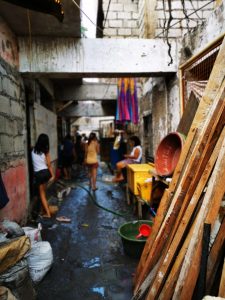
To respond to this urgent appeal, food distributions were organised in various slums and each of the 2,994 families supported by Children of the Mekong will receive about ten pounds extra depending on their situation.
“As soon as the lockdown is relaxed enough, we will need to redouble our efforts, presence and courage to meet these needs,” warned Father Dauchez. Children of the Mekong is already mobilising in an ambitious emergency aid project of £800,000 to help those left behind. All goodwill is welcome to help us finance it.
Families weakened by the COVID-19 Crisis
IF YOU WANT TO LEARN MORE ABOUT THE IMPACT OF COVID19 IN SOUTH-EAST ASIA :

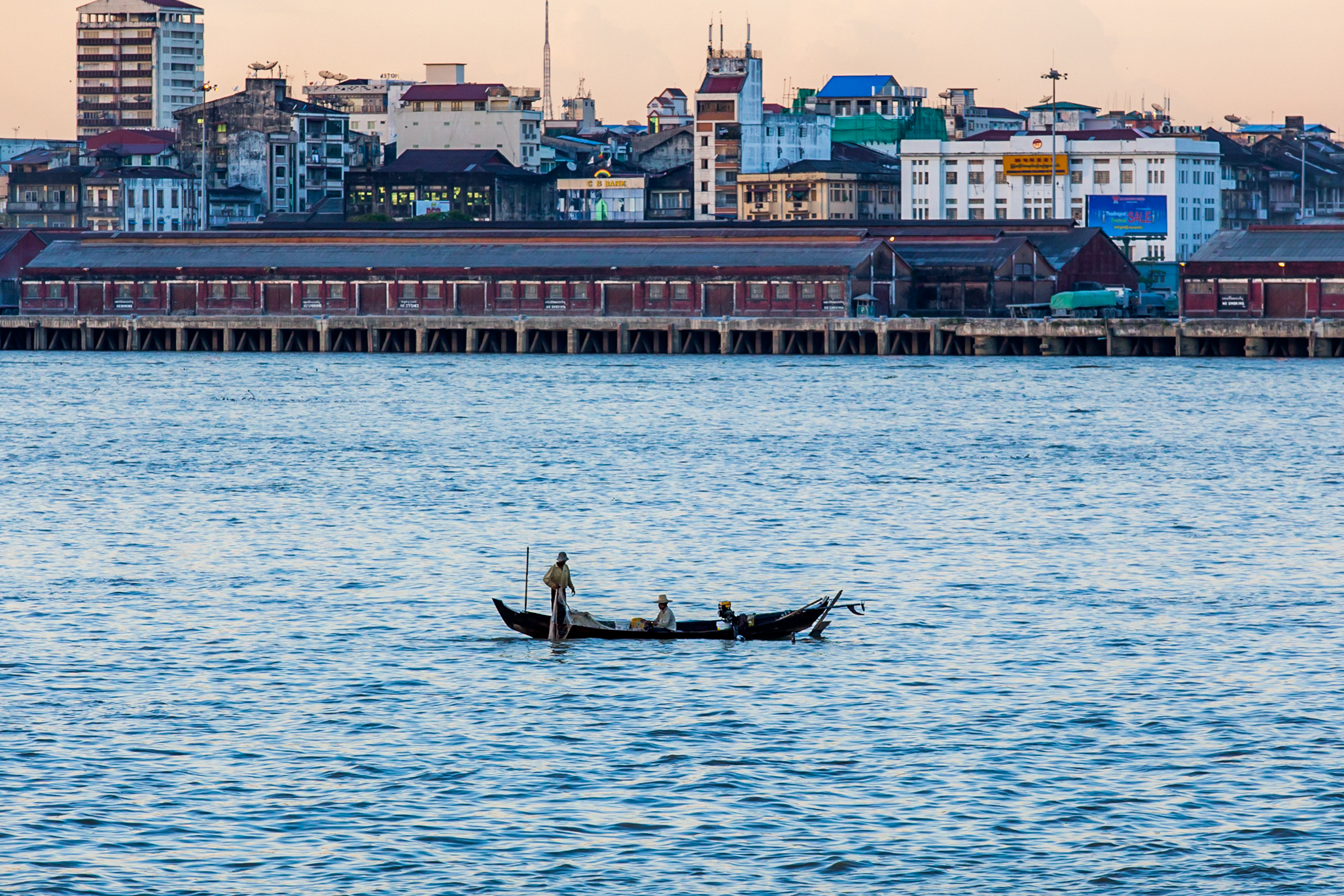
Myanmar, over 2 years into the coup
After over 2 years since the military coup d’etat in Myanmar, what have been the consequences and what can we do to help? Text […]
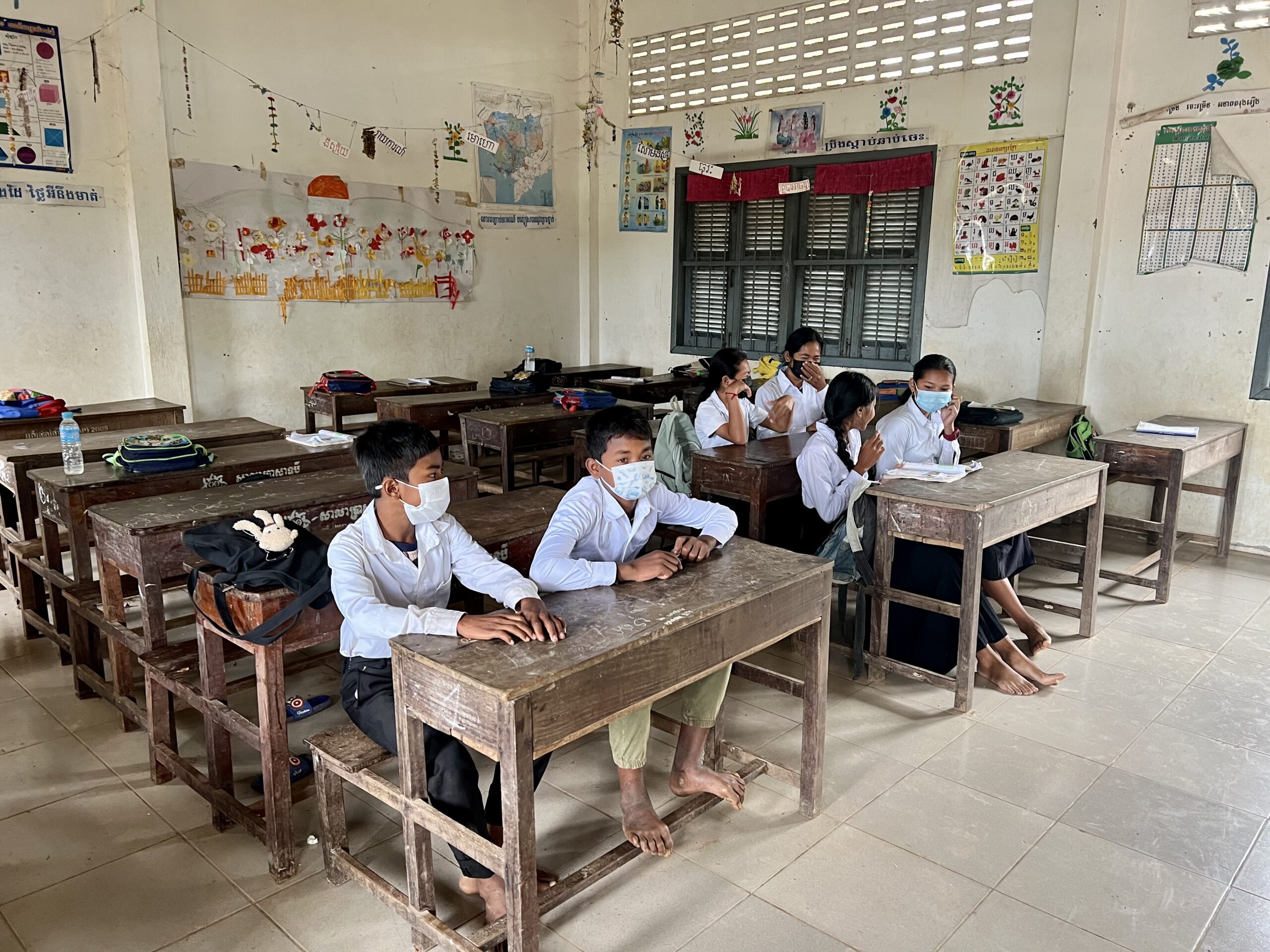
What are the Covid-19 impacts on the learning of Cambodian children?
Findings from the Ministry of Education, Youth and Sport (MoEYS) reveal the serious consequences of the pandemic on Cambodian children’s education. Author: Shi Xian
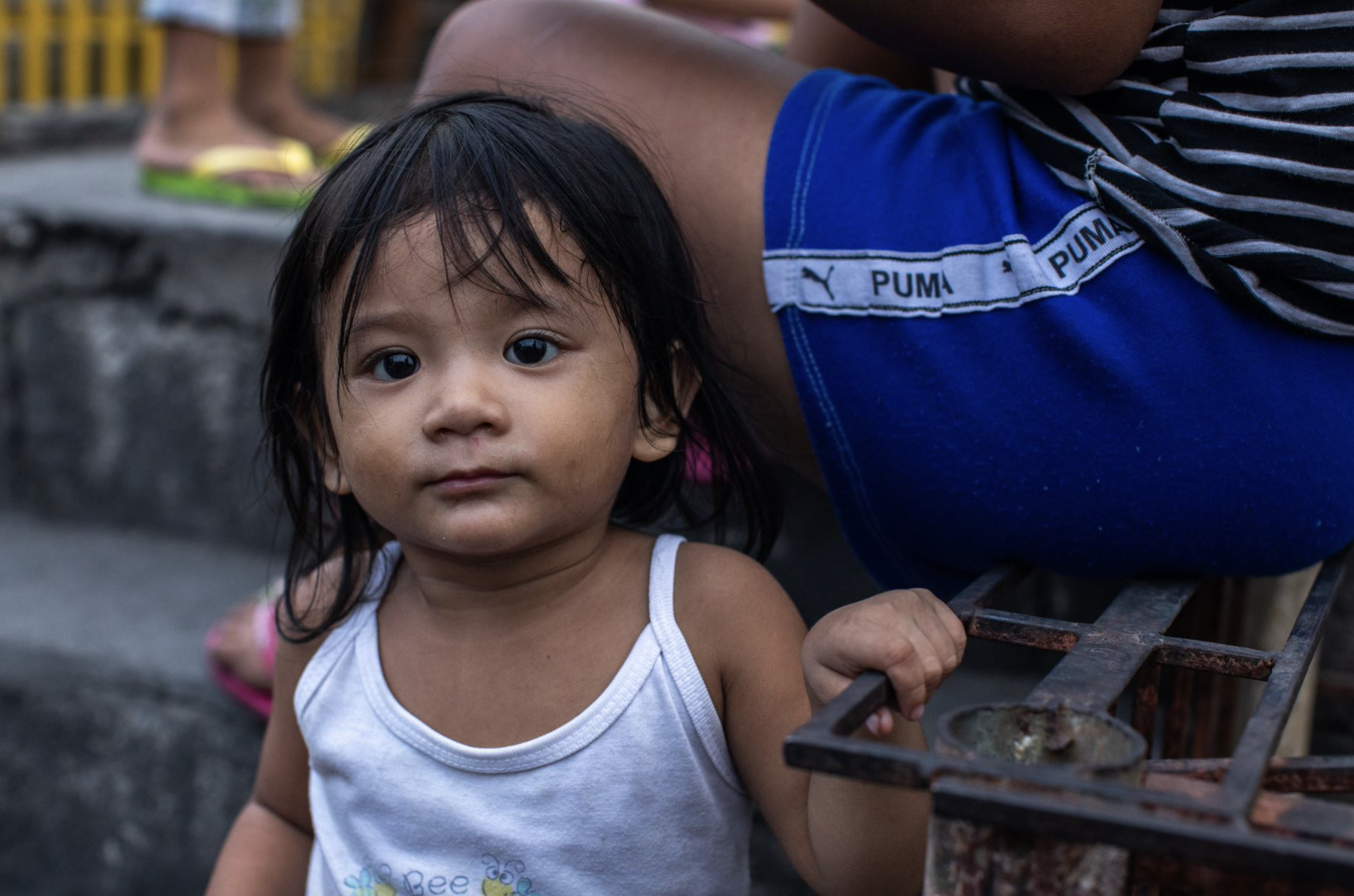
How can the Philippines do better to support its future generation amidst Covid-19?
According to an analysis by UNICEF, an estimated 140 million young minds had their school education disrupted amidst the pandemic. Text by Chng Shi […]
